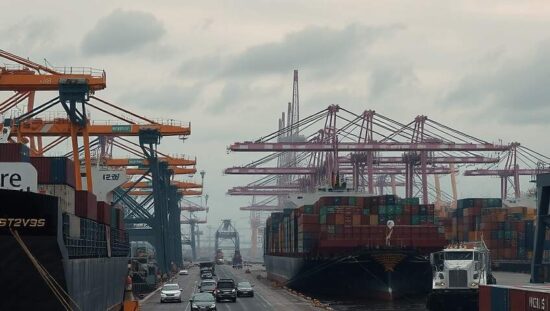The European Union’s proposed Due Diligence Act, intended to enforce human rights and environmental standards across global supply chains, faces a critical juncture as it heads to a vote in the European Parliament’s Legal Affairs Committee on Monday. Concerns are mounting that concessions being pressured by the centre-right European People’s Party (EVP), potentially in coalition with far-right factions, risk significantly weakening the legislation’s impact and setting a perilous precedent for EU policy.
Frank Werneke, chair of the powerful service sector union Verdi, warned on Sunday that the EVP’s tactics constitute “a dangerous breakwater, politically and morally”. He argued that the willingness to compromise fundamental principles to avoid aligning with the extreme right could effectively create a formal coalition, undermining the integrity of the EU’s political process.
The potential for a weakened directive presents a profound dilemma for the EU. Werneke emphasized that sacrificing core elements of the legislation due to fear of the extreme right would send a “fatal signal” to workers, companies and those suffering from exploitative labor conditions worldwide. He insisted that human rights and corporate accountability should not become “political playthings.
Verdi is calling upon members of the Legal Affairs Committee to uphold the original draft of the Due Diligence Act. Crucially, the union stresses the importance of maintaining the scope of application, arguing that proposed thresholds-a limit of 5,000 employees and €1.5 billion in revenue-would drastically reduce the directive’s reach, impacting only about 1,000 EU companies and a fraction of those currently covered by Germany’s own supply chain law.
Furthermore, Verdi maintains that civil liability must remain unified to guarantee access to legal recourse for victims of supply chain abuses. Equally vital is the preservation of a risk-based approach extending across the entire supply chain, rather than being restricted to direct suppliers primarily located within the EU. This wider scope, Verdi contends, is essential for the directive’s effectiveness and avoids unnecessary administrative burden. The outcome of Monday’s vote represents a key test of the EU’s commitment to upholding its values and ensuring responsible global business practices.





